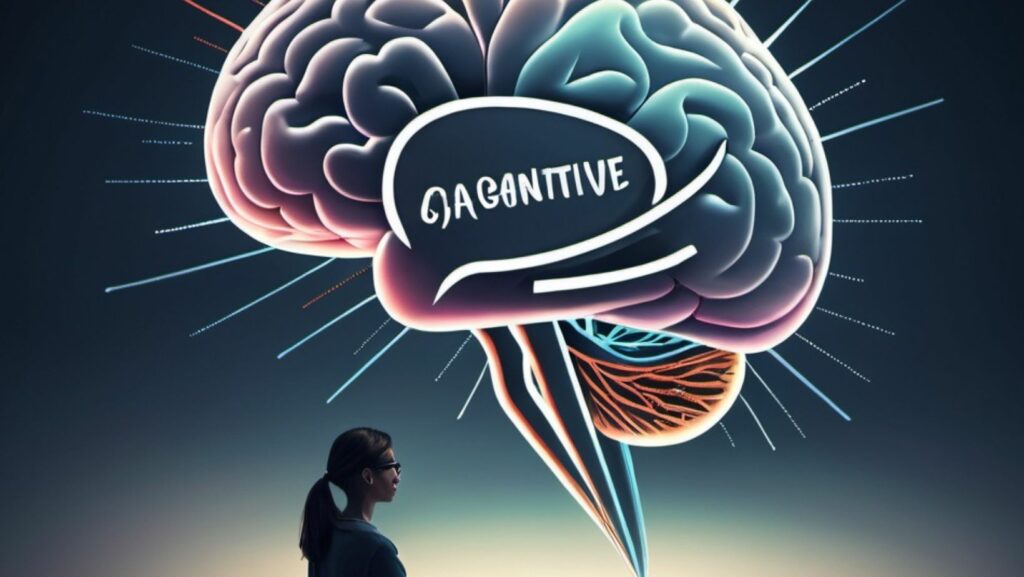In today’s fast-paced world, finding moments of peace and appreciation can feel like a challenge. Mindfulness and gratitude offer powerful tools to navigate life’s complexities, helping individuals cultivate a deeper connection to the present moment and foster a sense of fulfillment. By practicing mindfulness, one can become more aware of thoughts and feelings, while gratitude encourages a positive mindset that transforms everyday experiences.
Together, these practices create a harmonious balance, allowing people to embrace life’s ups and downs with resilience. As they learn to appreciate the little things, they unlock a pathway to enhanced well-being and emotional stability. Exploring the synergy between mindfulness and gratitude reveals not only their individual benefits but also their potential to enrich lives in profound ways.
Mindfulness and Gratitude
Mindfulness and gratitude represent powerful practices that enhance emotional well-being. These concepts contribute significantly to resilience and a deeper appreciation for life’s moments.
Definition of Mindfulness
Mindfulness is the practice of maintaining a moment-by-moment awareness of thoughts, feelings, and surroundings. It involves observing experiences without judgment, promoting clarity and insight. Research indicates that mindfulness can reduce stress and improve mental health by fostering greater focus and emotional regulation. This practice encourages individuals to engage fully in the present, leading to improved overall life satisfaction.
Definition of Gratitude
Gratitude refers to the recognition and appreciation of the positive aspects of life. It involves acknowledging kindness, whether received from others or found in simple experiences. Studies show that practicing gratitude can enhance emotional well-being, leading to reduced symptoms of depression and increased feelings of happiness. Cultivating gratitude shifts focus from what’s lacking to what’s abundant, promoting a constructive outlook on life.
The Benefits of Mindfulness and Gratitude
Mindfulness and gratitude offer numerous benefits that enhance overall well-being. They contribute to improved mental and physical health, promoting a balanced and fulfilling life.
Mental Health Advantages
Mindfulness reduces anxiety and depression by fostering a non-judgmental awareness of thoughts and emotions. Practitioners report lower levels of stress, leading to improved mood and emotional regulation. Gratitude shifts focus from negative to positive, enhancing happiness and contentment. Studies indicate that individuals who regularly practice gratitude experience lower levels of toxic emotions like envy and resentment. Together, mindfulness and gratitude build resilience, promoting a healthier, more positive mindset.
Physical Health Benefits
Mindfulness and gratitude also enhance physical health. Regular mindfulness practice lowers blood pressure and improves sleep quality. It reduces chronic pain and promotes relaxation, allowing the body to recuperate effectively. Gratitude contributes to better immune function and encourages healthier lifestyle choices, such as exercise and balanced nutrition. Research shows that those who practice gratitude report fewer illnesses and greater energy levels, linking mental and physical health directly.
Practices to Enhance Mindfulness and Gratitude
Implementing specific techniques for mindfulness and gratitude can significantly deepen one’s practice. These structured approaches promote awareness and appreciation, leading to enhanced emotional and mental well-being.
Mindfulness Techniques
- Breathing Exercises: Focused breathing enhances awareness. Practicing diaphragmatic breathing for five minutes daily reduces stress and centers attention.
- Body Scans: Conducting body scans fosters awareness of physical sensations. This technique involves mentally scanning the body from head to toe, promoting relaxation and mindfulness.
- Meditation: Engaging in daily meditation sessions cultivates mindfulness. A consistent 10-minute practice can lead to improved clarity and emotional balance.
- Mindful Walking: Practicing walking meditations connects movement with awareness. Focusing on each step encourages presence and a deeper connection with the environment.
- Mindfulness Journaling: Writing entries about daily experiences encourages reflection. This practice fosters a non-judgmental awareness of emotions and thoughts.
- Gratitude Journaling: Maintaining a gratitude journal provides a space for reflection. Recording three things to appreciate each day cultivates positivity and shifts focus toward abundance.
- Thank You Notes: Writing thank you notes strengthens connections. Expressing gratitude to others enhances relationships while promoting a positive mindset.
- Gratitude Jar: Creating a gratitude jar involves noting positive experiences on slips of paper. Reviewing these notes regularly reinforces a mindset of appreciation.
- Daily Affirmations: Using positive affirmations about gratitude creates a powerful routine. Declaring statements like “I’m grateful for the opportunities I have” strengthens inner positivity.
- Sharing Gratitude: Engaging in discussions about gratitude enhances social bonds. Sharing thoughts of appreciation with friends or family fosters deeper connections and emotional well-being.
Challenges in Practicing Mindfulness and Gratitude
Practicing mindfulness and gratitude often presents specific challenges that can inhibit effectiveness. Acknowledging these obstacles provides insight into how to navigate them successfully.
Common Obstacles
- Busy Lifestyles: Individuals find it difficult to allocate time for mindfulness and gratitude in their hectic schedules. Constant obligations often lead to neglect of these practices.
- Negative Thought Patterns: Ingrained negative thoughts can overshadow attempts at practicing gratitude, making it challenging to recognize positive aspects in life.
- Lack of Knowledge: Uncertainty about mindfulness and gratitude practices can create hesitation. Many individuals lack familiarity with effective techniques.
- Impatience: Seeking immediate results can deter individuals from engaging in consistent mindfulness and gratitude practices. Progress often requires time and patience.
- Distractions: External and internal distractions can disrupt the focus needed for mindfulness, making it difficult to stay present or engage in reflective gratitude exercises.
- Prioritize Time: Setting aside specific times daily for mindfulness and gratitude can carve out necessary moments. Scheduling these practices in advance reinforces commitment.
- Practice Self-Compassion: Being kind to oneself when negative thoughts arise can foster a healthier mindset. Challenges in positive thinking should be approached with understanding.
- Educate: Learning about mindfulness and gratitude through workshops, books, or online resources can enhance confidence. Gaining knowledge enables individuals to implement effective techniques.
- Cultivate Patience: Recognizing that growth occurs over time can diminish impatience. Emphasizing the journey over immediate results encourages ongoing practice.
- Create a Dedicated Space: Establishing a calm, clutter-free environment for mindfulness sessions aids concentration. Designated areas can signal the mind to focus on practice without distractions.
Powerful Tools for Living
Embracing mindfulness and gratitude can transform one’s perspective on life. By cultivating these practices, individuals can navigate challenges with greater ease and foster a sense of inner peace. The journey toward mindfulness and gratitude is continuous and requires dedication but offers profound rewards in emotional and physical well-being.
As people integrate these techniques into their daily routines, they may discover a deeper appreciation for life’s moments. This shift not only enhances personal resilience but also promotes a positive mindset that can uplift those around them. Ultimately, mindfulness and gratitude serve as powerful tools for living a more fulfilling and meaningful life.



